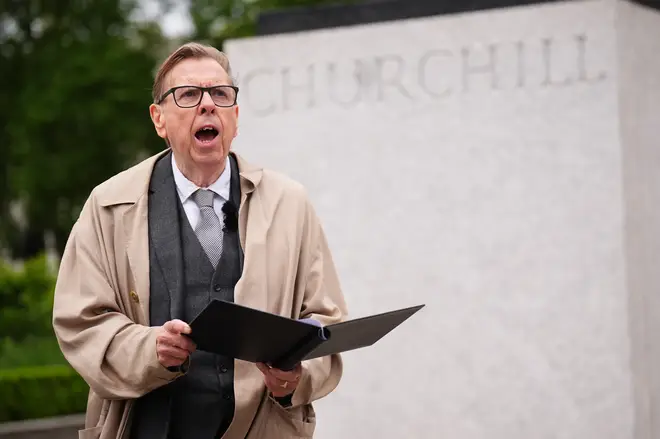Still Fighting the War: Is Britain Traumatised by Its Own Victory?
Posted on May 6, 2025
Victory on Repeat
Britain won the Second World War — just pop into your local pub and they’ll be plenty of people willing to tell you. Repeatedly. A disproportionate amount of people still living off the fumes of that victory like a washed-up pub singer singing “We’ll Meet Again”. While other nations dusted themselves off and quietly vowed never again, Britain has opted for the full Greatest Hits tour. Eighty-odd years later, we’re still headlining at the Royal Nostalgia Hall, selling T-shirts that say Keep Calm and Remember Dunkirk.
Learning rather than Harping
Countries like Germany took a long, painful look in the mirror, tore down statues, banned Nazi symbols, and built systems to prevent that kind of horror from rising again. Britain, on the other hand, installed a Churchill bobblehead on the dashboard and floored it straight into Brexit, powered by a mixture of misguided bulldog spirit and amnesia. It’s true but say it in 2025 and you’re a traitor.
Somehow, we’ve convinced ourselves that World War II was the golden age of Britain — a time of unity, purpose, and, crucially, everyone knowing their place. It doesn’t seem to matter that millions lived in constant fear, that families were vaporised in seconds, or that the trauma etched itself into the bones of an entire generation. No, what matters is that we stood alone against the baddies. Except for the Commonwealth. And the Americans. And the Soviets. But don’t let facts get in the way of a good bit of nationalistic cosplay.
The Myth-Makers and Memory Loss
You’d think the horror of the war would serve as a permanent warning. And in some corners, it does. There are still historians, educators and a few resilient journalists who remind us where fascism leads: to camps, to mass graves, to unspeakable cruelty. But increasingly, those voices are drowned out by pundits in poppies talking about “taking our country back” — as if we’ve misplaced it under the sofa, somewhere between the National Service call up book and a Spitfire poster featuring the white cliffs of Dover.
Media outlets that once honoured the fallen now flirt with the far right, offering prime time to talking heads who believe compassion is weakness and nationalism is just misunderstood pride. We’ve reached the point where explaining what fascism is makes you a target for the self-titled anti-woke movement. Meanwhile, anyone suggesting that maybe the war wasn’t fun is labelled unpatriotic or, worse, European.
The Price We Don’t Talk About
And what about the people who actually lived through it? Many never truly recovered. Their losses weren’t just statistics — they were fathers, sisters, entire neighbourhoods obliterated. The psychological toll didn’t end in 1945; for many, it was just beginning. But they rarely made the front pages. Trauma doesn’t sell quite as well as triumph.
Time to Grow Up, Not Just Look Back
Britain should, of course, remember the war. We should remember the bravery, the sacrifice, and the unthinkable cost. But we have to stop pretending it was our finest hour. It wasn’t fine at all. It was horror wrapped in heroism, survival forged in fire. It was a necessary fight — not a nostalgia theme park. After the relief and celebrations that fascism had been defeated, for many, it was back to rubble and mourning of lost ones.
So let’s honour the memory by not turning it into mythology. Let’s teach the truth, even when it’s uncomfortable. Especially when it’s uncomfortable. Because history isn’t there to make us feel proud — it’s there to stop us from making the same bloody mistakes all over again.

Got something to say?